In 2017 Colson Whitehead entered the sphere of American literary luminaries when he was awarded both the Pulitzer Prize and the National Book Award for the same novel. He joined a select group of writers that includes such names as William Faulkner, John Updike and A. Walker. The hype, converted and packaged as the literary event of the year, was called The Underground Railroad.
Whitehead’s novel focused on the slavery that plagued his country of origin in the 19th century. A denunciation built through a uchronia that started from an atrocious piece of its history to be reimagined in a realistic tone with fantastic escapes. The Underground Railroad alluded to in the title was in reality a clandestine network in the United States and Canada set up to help African-American slaves escape from the cotton plantations of the South and the unbearable racist yoke they were under. Through this real event Whitehead reinterprets history, turning the symbolic into the literal; through an underground railway network through which Cora, the brave and long-suffering protagonist of the novel, flees. From that point the reader witnesses the harrowing and desperate journey through the racist landscape that is now accommodated in the brilliant screen transfer orchestrated by Barry Jenkins under the logistical support of Amazon.
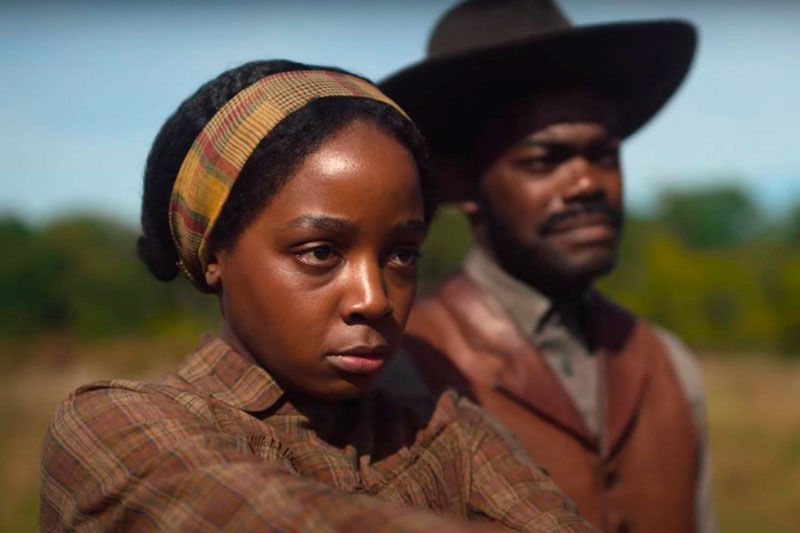
Divided into ten blocks of generous length, with the exception of episode 7, the work is closely faithful to the original source. While allowing for a few plot and formal licences, which in no way blur the spirit of the original work, overall the television work exudes an abundant respect for Whitehead’s narrative and thematic engineering. The greatest achievement that can be attributed to the Oscar-winning director is to convey through images the tachycardic and anguished pulse that covered the pages of the novel, its dreamlike and fantastical passages clashing with the generalised crude realism, and for having even expanded the dimensionality of some of its characters —especially the unforgettable Ridgeway, the bounty hunter in Cora’s footsteps played by an enormous Joel Edgerton. This TV bet is placed in the antipodes of Them, another revision in the key of racial horror recently hosted on the same platform.
Also helping to underpin it as one of the strongest bets of the television season is the mesmerising visual casing deployed, fearlessly, within its contemplative pacing. Jenkins places the taut, raw story in a Stendalhian framework. He conceives the mise-en-scène and all the elements that come into play as a canvas of subjugating effect. James Laxton‘s stately cinematography —with its intelligent use of colour, framing and camera movements— add up to a hypnotic viewing in which aesthetic beauty springs from the darkest and most perfidious corners of the human soul. The director of Moonlight once again covers his palette of references with his predilection for auteur filmmakers: Claire Denis, Wong Kar Wai, Paul Thomas Anderson or Terrence Malick seem to be invoked in the pictorial and rapturous atmosphere that reigns in the formal section of this laborious and detailed work.
Also outstanding is a cast made up of irrefutable names of the seventh art to give life to the white characters, as well as unknown faces for those of darker complexion. Among the former, alongside Joel Edgerton as the impeccably tortured (and torturing) bounty hunter, the always reliable Peter Mullan in the role of the bounty hunter’s father. At the other racial pole, Thuso Mbedu carries the ground-up body and dismembered skin of Cora, Chase Dillon shapes Ridgeway’s haunting sidekick and Aaron Pierre is the valiant Caesar.
In short, Jenkins has built a magnificent railway network that maintains, for most of its length, the gauge implemented by Whitehead, but is open to stretches of greater length and depth. A miniseries that revives the demons and ghosts of the uneradicated scourges of dollar country through a gripping story of horror, ineradicable family legacies, freedom and hope in the midst of an inferno fanned by the basest of the human condition when it believes itself superior to others.


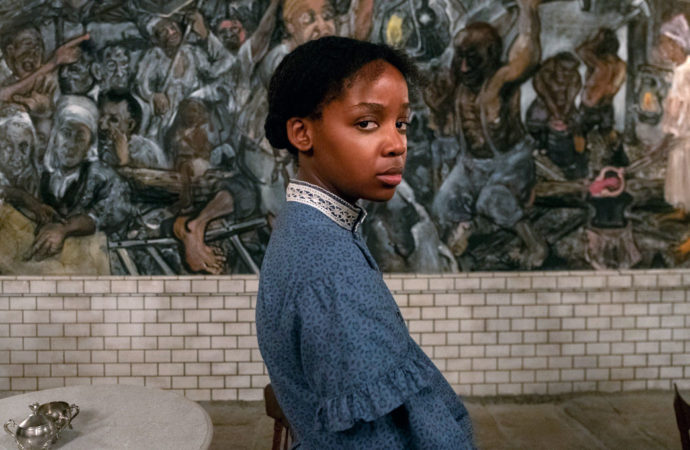



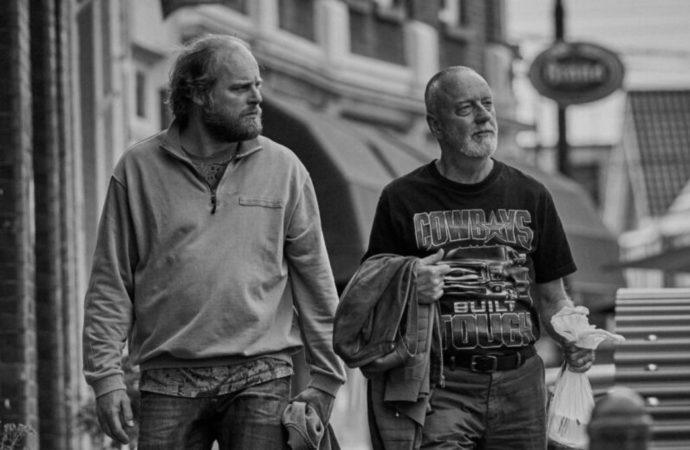

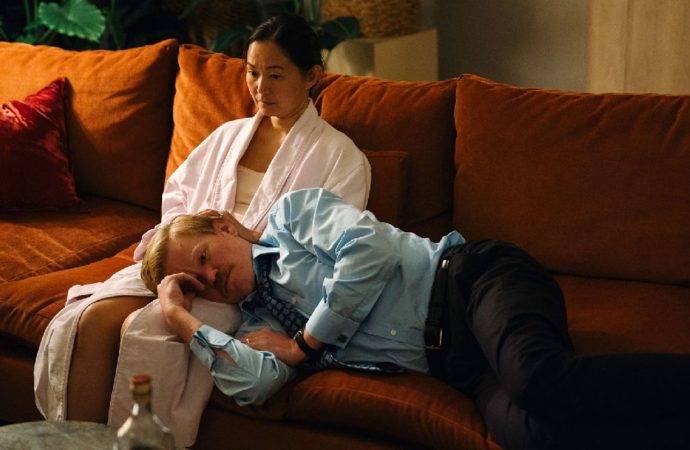
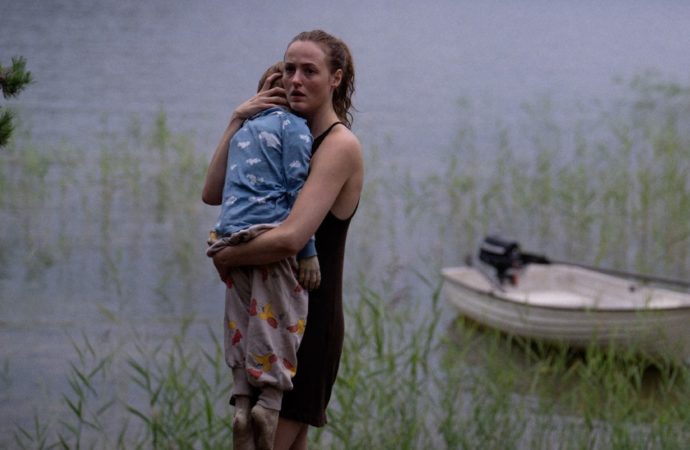

No one has posted any comments yet. Be the first person!